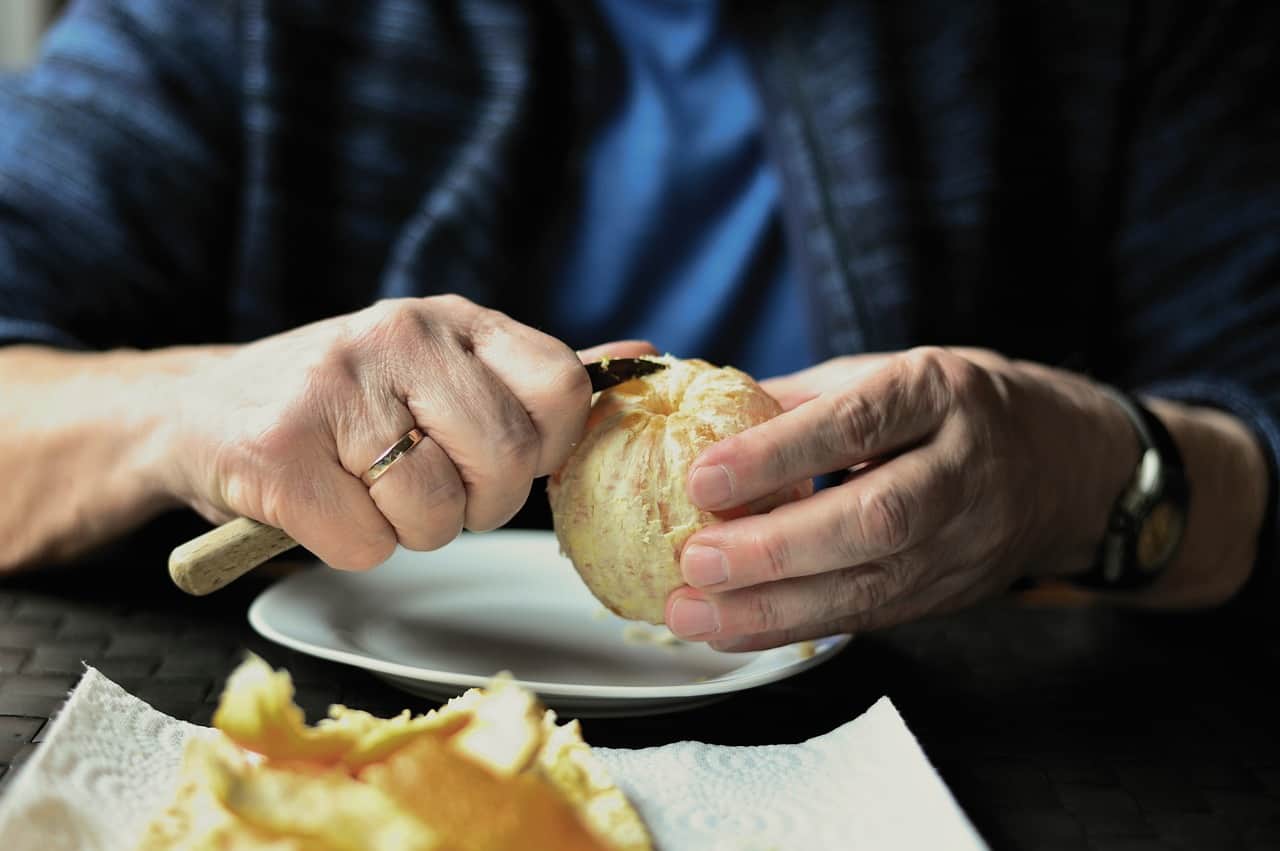The Relationship Between The Brain, Kidneys, and Heart Means That Each One Affects The Health Of The Other Two
The heart, blood, and blood vessels make up the cardiovascular system. That system depends on the kidneys and brain, just as those organs depend on it. Pegasus caregivers in Tujunga and elsewhere understand interdependence and how it affects your senior loved one’s health.
It’s helpful to think of the cardiovascular system as a delivery service. Blood transports the oxygen and nutrients that cells need. It circulates throughout the body, delivering life-giving products.
As blood circulates, it additionally picks up the waste products generated by the cells. Without efficient blood circulation, cells and body tissues die.
As the blood circulates through the lungs, it gains fresh oxygen. Then it has to get rid of all the waste products it collected from the cells. That’s the job of the kidneys.
Each person has two kidneys, located on either side of the spine just below the rib cage. They are bean-shaped and about the size of a fist. Kidneys perform a multitude of functions, including:
- Filtering waste products from blood
- Regulating blood pressure
- Removing toxins from the body
- Keeping body fluids in balance
Kidneys filter approximately 200 quarts of blood every 24 hours. About two quarts of fluids are removed. The waste products, toxins, and excess fluids are excreted as urine.
The heart depends on the kidneys to remove waste products and excess water from the blood. The kidneys can’t do their life-saving work without the cardiovascular system providing fresh blood. A disease or problem in one almost invariably leads to disease in the other.
A variety of health issues can impair heart or kidney functions. Two dangerous conditions have an impact on both organs. One is diabetes, and the other is high blood pressure.
Diabetes Damages Blood Vessels
In simple terms, diabetes means you have too much glucose, or sugar, in your blood. The sugar molecules interfere with the ability of the blood vessels to relax. Blood pressure rises, and the vessels begin to narrow.
Kidneys rely on millions of tiny blood vessels, called capillaries, to filter blood. Not only does diabetes damage the capillaries, the extra sugar also makes more filtering necessary. Both increase blood pressure.
High Blood Pressure Creates A Deadly Cycle
High blood pressure, or hypertension, eventually harms kidneys enough that they no longer efficiently filter blood. Damaged kidneys allow waste products to accumulate in the body. Inefficient kidneys also contribute to increased blood pressure.
As well as harming blood vessels, hypertension also damages the heart tissue. Over time, the heart is unable to function efficiently. Individuals then experience heart failure or heart attacks.
Essentially, hypertension is responsible for impaired kidney function. Damaged kidneys increase blood pressure, which in turn impairs heart function. A damaged heart further increases hypertension.
The deadly cycle of hypertension damaging organs which then worsens the hypertension also affects the brain. The ways in which high blood pressure affects the brain include:
- Mini-strokes, also known as transient ischemic attacks, or TIAs
- Strokes
- Vascular dementia
- Mild cognitive impairment, which can lead to dementia
These conditions result from blood vessels that can’t deliver essential nutrients to the brain cells. The vessels may be narrowed, ruptured, or blocked, all of which lead to cell death.
Studies have also linked impaired kidney function with decreased mental ability. Scientists have discovered that kidney disease affects cognitive function. The skills most harmed are abstract reasoning and verbal memory, but perceptions, speech, and emotions are also adversely affected.
Conditions other than diabetes and hypertension can lead to heart or kidney diseases. Other conditions also harm an individual’s brain. But there is a clear connection between those three organs and the health of each.
Often, diabetes or high blood pressure can’t be prevented. However, both can usually be controlled. Any improvement in either minimizes the damage they cause.
Your senior loved one should be under the care of a physician for any kidney or heart condition. As well as medications, good lifestyle habits can help. These include:
- Getting adequate exercise
- Losing weight if necessary, especially belly fat
- Eating a balanced diet
- Reducing sugar and salt intake
- Limiting alcohol consumption
- Quitting smoking
- Managing stress
Monitoring their numbers is helpful in knowing what effect each habit has on health. For example, caffeine raises blood pressure for some individuals, but not always for everyone. Your loved one might be able to continue drinking coffee or regular tea if that’s a cherished ritual for them.
Pegasus Caregivers Are Here For You
Pegasus caregivers can be of assistance when needed. Our physical and occupational therapists customize exercises to enable comfortable movement. We have dietitians who are expert at meal planning and devising recipes to fit every medical restriction and personal taste.
We can also arrange for assistance with smoking cessation and limiting alcohol. Stress weakens the immune system, making it a culprit in many medical conditions. Taking steps to reduce it especially reduces hypertension.
Pegasus is a licensed Home Care Organization and a Joint Commission Accredited Home Health Care organization. Since 1994, we’ve helped individuals remain safe and independent in their home. Our caregivers in Tujunga and our other locations provide the individualized care your senior loved one requires.

